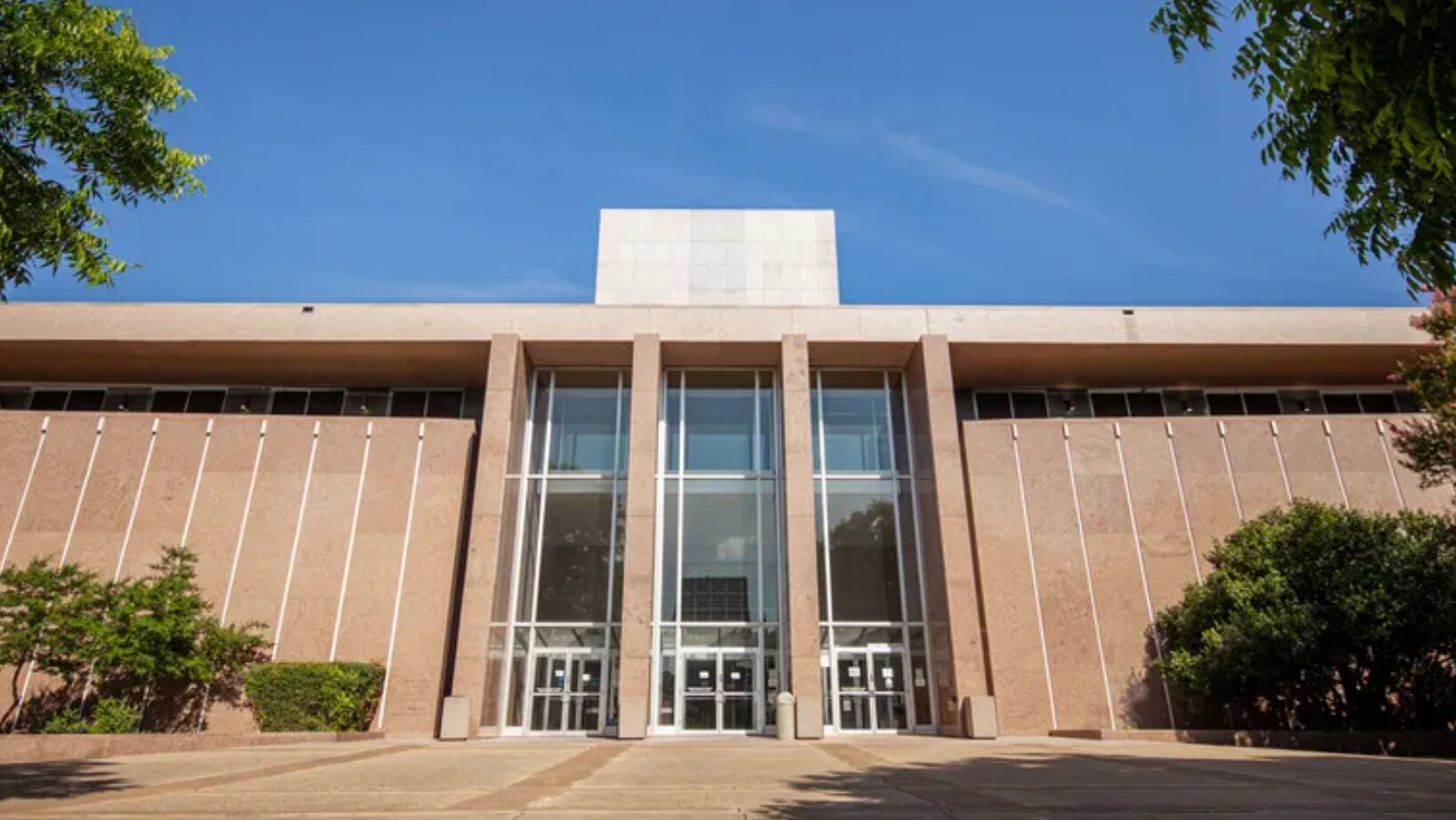UPDATE: The Texas Supreme Court has just confirmed a controversial ruling allowing judges to deny performing same-sex wedding ceremonies based on personal religious beliefs. This new judicial conduct code, effective immediately, raises urgent questions about the constitutional right to equal protection under the law for LGBTQ+ individuals in Texas.
Experts warn that while this decision does not directly prohibit same-sex marriages, it could complicate the process for couples seeking officiants. David Coale, a constitutional law attorney, explained to FOX 4 that the implications of this ruling may take time to fully materialize. “It might be some time before we see if it has an impact on same-sex couples in Texas finding a judge to marry them,” Coale stated.
The revised conduct code now explicitly states, “It is not a violation of these canons for a judge to publicly refrain from performing a wedding based upon a sincerely held religious belief.” This change comes after a Central Texas judge faced disciplinary action for refusing to preside over same-sex weddings, igniting a long-standing debate about the intersection of personal beliefs and judicial responsibilities.
Coale emphasized that this ruling touches on deeper constitutional principles, particularly the U.S. Constitutional right to equal protection, which has been upheld in landmark cases such as Brown vs Board of Education and Obergefell vs Hodges. Coale noted, “Obergefell rests on other principles: equal protection of the law, treating everybody the same way.” He believes that these foundational rights should remain unaffected by the new religious exemption.
The timing of this ruling is particularly significant as tensions rise between Texas leaders and the LGBTQ+ community. Recently, Governor Greg Abbott advocated for the removal of political symbols—including rainbow crosswalks—further fueling concerns regarding the state’s stance on LGBTQ+ rights. “Even a relatively trivial distinction that affects fundamental rights, like getting married, raises serious questions,” Coale remarked.
As this situation develops, there are rising fears about potential challenges to same-sex marriage rights in Texas. The Supreme Court of the United States is currently considering whether to hear challenges related to same-sex marriage, including a prominent case from Kentucky involving a county clerk who refused to issue marriage licenses due to her religious beliefs.
The implications of the Texas Supreme Court ruling could reverberate throughout the state and beyond, affecting countless couples seeking to affirm their commitment. This ongoing legal battle underscores the urgent need for clarity and protection for same-sex couples navigating the complexities of marriage in a changing political landscape.
Stay tuned for further updates as this story develops, and consider how these decisions impact the rights of individuals across the nation.







